Dr. Fred Ssewamala Garners NICHD Award for Study of HIV-positive Adolescents in Sub-Saharan Africa
Dr. Fred Ssewamala, Associate Professor of Social Work and International Affairs at CUSSW, has been awarded a five-year, $3.8m grant from the Eunice Kennedy Shriver National Institute of Child Health & Human Development (NICHD) to examine the impact and cost of an innovative economic empowerment intervention for HIV-positive adolescents on antiretroviral therapy (ART).
Entitled Suubi+Adherence, the intervention aims to promote monetary savings and income-generating activities—also known as microenterprise development projects—for poor HIV-infected adolescents and their families in order to generate sufficient income to meet the needs associated with managing HIV as a chronic illness, and provide support for adherence to ART.
“The study aims to advance knowledge and help inform the development and evaluation of the next generation of programs supporting HIV treatment adherence among youth living in low-resource regions, including sub-Saharan Africa,” said Dr. Ssewamala. “We hope to provide crucial evidence about the effects and impact of economic empowerment programs for adhering to antiretroviral therapy.”
Studies from Uganda and much of sub-Saharan Africa indicate that economically vulnerable children are disproportionately affected by HIV. Yet, for this population, adherence to treatment regimens—defined as the extent to which a person’s behavior conforms with healthcare provider recommendations for treatment follow-up and a prescribed diet—may require a level of economic stability that is simply unavailable to many poor youth.
Indeed, many commonly cited reasons for non-adherence related to economics, such as a lack of resources for medication, transportation to attend follow-up clinic appointments, and food and nutritional supplements. Poor children are less likely to adhere to treatment and other health-related regimens compared to children who are more economically stable. Lack of adherence to first-line ART typically results in drug resistance and increased viral load. When people become resistant to first-line therapy, there is need for second-line treatment, which is unavailable in Uganda and much of sub-Saharan Africa due to its high cost.
The Suubi+Adherence study will involve 32 health clinics caring for in-school and out-of-school HIV-positive adolescents ages 12-15 who are aware of their status and living within families in southern Uganda—a region of the country with the highest HIV/AIDS prevalence, and precisely the area where HIV was first identified on the African continent.
The innovative economic empowerment intervention is informed by Dr. Ssewamala’s ongoing and previous studies in the same region: Bridges to the Future, Suubi-Maka, and Suubi-Uganda. It will be the first to use medication event monitoring system technology to measure HIV treatment adherence among adolescents in sub-Saharan Africa.
The following researchers will be joining Dr. Ssewamala on the study:
- Claude Mellins, Columbia University’s Mailman School of Public Health
- Godfrey Kigozi, Makerere University and Rakai Health Sciences Program
- Torsten Neilands, University of California, San Francisco
- Mary McKay, Silver School of Social Work, New York University.
Related links:
- Dr. Fred Ssewamala Offers Fresh Source of Hope to AIDS Orphans in His Native Uganda
- Dr. Fred Ssewamala’s bio page
Img: Fred Sswemala, by Alan Orling
– See more at: http://socialwork.columbia.edu/news-events/dr-fred-ssewamala-garners-nichd-award-study-hiv-positive-adolescents-sub-saharan-africa#sthash.1MIOfU2n.dpuf

